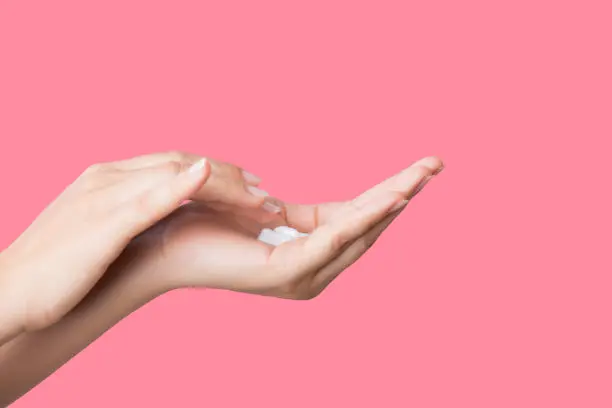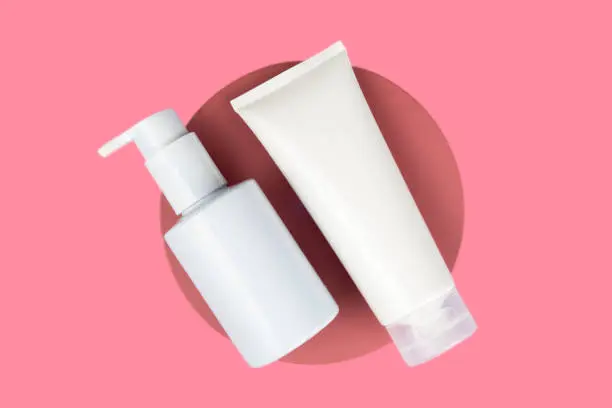Many women turn to natural skincare recipes as a safe and economical option. However, not all natural ingredients are suitable for all skin types, as some can cause irritation or allergic reactions if used incorrectly.
Therefore, it's important to know the basic precautions before trying any homemade recipe to ensure the skin barrier isn't compromised and its health is maintained.
Allergy Test Before Use

An allergy test is a crucial step to avoid skin irritation when using natural recipes. Therefore:
- Apply a small amount of the mixture to a small area behind your ear or on the palm of your hand.
- Wait 24 hours to observe for any redness, itching, or irritation.
- Avoid applying the recipe to your face if any signs of irritation appear.
Choose Ingredients Carefully
Not all natural recipes are safe for sensitive or dry skin and may cause irritation. Therefore:
- Avoid strong acidic ingredients such as concentrated lemon juice and vinegar.
- Make sure to use organic products that are not contaminated with pesticides.
- Do not mix ingredients of unknown origin or unsuitable for your skin.
Avoid over-combined mixtures
Natural remedies with a large number of ingredients can have adverse effects because:
- The more ingredients, the greater the likelihood of a reaction between them.
- Stick to simple, clearly beneficial formulas.
- Consult a specialist before trying complex or unfamiliar recipes.
Avoid irritating ingredients
Some ingredients in natural remedies can be harsh on the skin despite their popularity. For example:
- Lemon, baking soda, and toothpaste are among the most irritating ingredients.
- Do not use sugar or salt as a daily exfoliant for sensitive skin.
- Be sure to dilute any strong ingredient with gentle substances like honey or yogurt.
Do not use remedies on infected skin
Applying natural remedies to skin with existing problems can worsen the condition. Therefore:
- Avoid using them on wounds, inflamed pimples, or burns.
- Consult a dermatologist before trying any remedy if you have an infection.
- Use trusted medical products in these cases instead of homemade mixtures.
Avoid sun exposure after using natural remedies
Some natural remedies increase skin sensitivity to sunlight, such as:
- Lemon, orange, and some essential oils may cause pigmentation.
- Wash your face thoroughly after applying any remedy before going out.
- Use sunscreen daily to protect your skin.
Storing Recipes Properly

Improper storage of homemade natural remedies can lead to bacterial growth. Therefore:
- Store the remedies in a clean, airtight container in the refrigerator.
- Do not use the remedy more than 3 days after preparation.
- Discard any mixture that has changed color or smell.
Frequently Asked Questions about Natural Skin Recipes
Are all natural remedies safe for the skin?
No, some may cause irritation or sensitivity depending on skin type and the ingredient used.
Can natural ingredients be used on he skin without consulting a specialist?
It is always best to consult a doctor or beauty expert before trying any new remedies.
Can natural ingredients replace skincare products?
This cannot be generalized, as each skin type has specific needs.
What are the signs that a recipe isn't suitable for my skin?
Redness, itching, severe dryness, or a burning sensation after use.
Article Summary
Using natural skincare recipes can be beneficial, but it requires awareness and knowledge of the ingredients and their effects. It's essential to perform a patch test before use, avoid irritants, and not apply the recipes to damaged skin.
Attention should also be paid to storage methods and application timing, especially regarding sun exposure. Using natural recipes responsibly ensures you reap their benefits without harming your skin or causing it to lose its radiance.